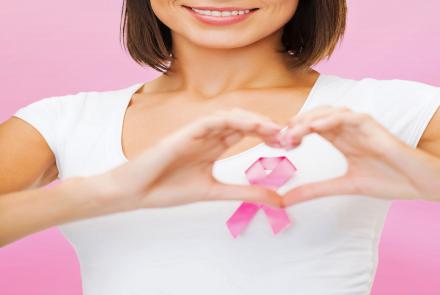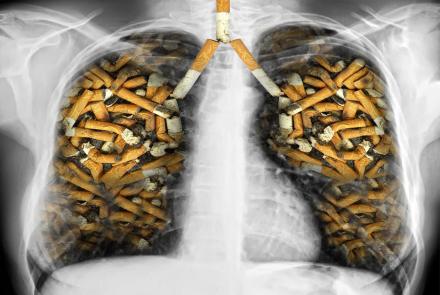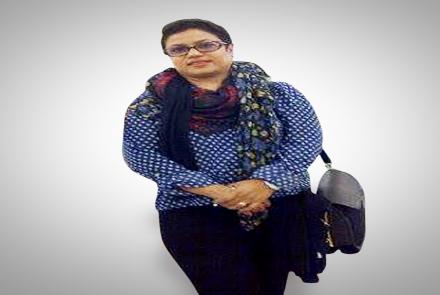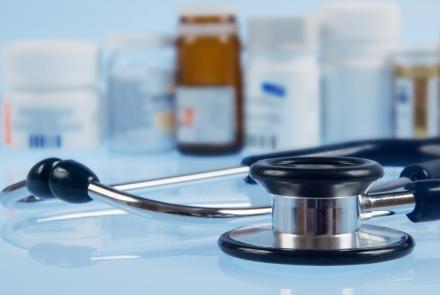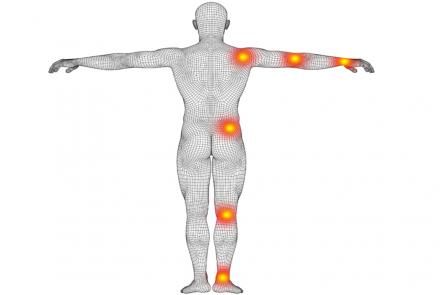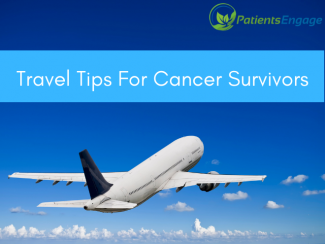
Cancer patients and survivors can travel. However it is important to follow good travel practices. Dr. Shital Patel shares tips which include valuable contribution from Urvi Sabnis, Nandita Muralidhar and Mona Choudhuri, all cancer survivors.
As a cancer patient, before you embark on any journey, make sure you acquire the consent of your treating doctor. Schedule it so that you do not miss out on any follow-up appointments or tests. Make sure you are feeling fit and healthy, start off with short trips as a tester. Avoid travelling completely alone unless you are feeling fine physically. If you do not have a travel companion, plan ahead and book stays that are not too secluded. If you're going to any high altitude location, make sure you drink a lot of water from the previous night onwards. This helps in combatting high altitude sickness. On the top, if you start feeling even slightly disoriented, head down to a lower altitude ASAP.
We spoke to some cancer patients and here is their advice on things to keep in mind while travelling.
Beverages
Water is the best drink! Keep yourself hydrated. Ask for water frequently... don't wait to be thirsty. Keep a bottle of water handy always to sip on it regularly. Ideally, drinking boiled water is best which kills all the organisms in water. If you don't have access to boiled water, have bottled water only and ensure it is a reputed brand and sealed correctly.
Besides water, opt for hot beverages (tea, coffee, hot chocolate etc.) which are boiled and safer to consume. Avoid fresh fruit juices because fruits that are not thoroughly washed can cause gastrointestional infections. Buttermilk (lassi or chaas) are nutritious drinks to have, make sure you get them from a hygienic place. Keep in mind that packaged drinks contain a lot of hidden sugar and calories.
Food
Stick to freshly cooked hot meals while travelling, choose hygienic restaurants. Avoid street foods, raw or uncooked foods (such as fruit or vegetable salads, sushi etc.) that may be contaminated. Make sure you thoroughly wash all fruits yourself before eating them. Since a cancer patient’s immune system is more vulnerable to infections, carry home-cooked meals along if possible so eating out is avoided. If you are staying at a hotel, find a local supermarket where you can purchase fruits and foods for easy snacking. This way you can consume foods that are not always safe to consume outside such as yogurt, milk, fruits of your choice and make quick snacks like sandwiches or salads. Remember packages food contain hidden salt, sugar and fat, so read the labels carefully. If you also have diabetes please keep a roll of sweets always in your handbag. Low sugar is more dangerous than high during travel.
Related Reading: Diabetes and Travel
Sun Protection
Equip yourself with an umbrella, hat/cap or scarf when out in the sun to protect yourself from the direct rays of the sun. Post cancer therapy, loss of hair and skin reactions are common side-effects which may get aggravated under the sun. Check the weather before you book a trip so you can pack accordingly.
If you have chemo induced peripheral neuropathy, you may need to be prepared for weather changes - especially wind and cold. Make sure you carry socks, gloves and additional woollens.
Essential Accessories
Essential accessories should include al special requirements that you may need. Some cancer patient may have unique accessories which are not easily available. Best to make a list and pack everything that you may require daily and in emergencies. If you are using any prosthesis, carry extra pairs for replacement along with cleaning products needed. If you are using any particular product range, keep spares or carry a bigger pack so you don’t run out.
If you are a breast cancer survivor with your nodes removed, wear compression garment while air traveling. This will reduce the risk of getting lymphedema.
If you are an ovarian cancer survivor with your nodes removed, wear good quality compression stockings while air traveling. This will reduce the risk of getting lymphedema.
If you require any assistance to move around such as a walking stick, wheelchair, special shoes etc, make sure you inform your travel carriers (airlines, trains, buses etc.) ahead. At certain places where there may be a lot of walking involved such as airports, malls, tourist areas, parks etc, ask for or carry along your wheel chair. Don't hesitate to ask for wheelchairs. When tired, sit down. Wear comfortable shoes rather than slippers or sandals. It's okay to miss out on perhaps one or two attractions rather than compromise your health.
Medications
Make sure you carry all your medications for the time period that you are away along with some extra in case your travel plans get extended. Having a copy of your prescription is a must in case you need to refill your meds. Along with prescribed meds (including supplements) that you take daily, carry drugs that you may require for side-effects like vomiting, nausea, skin sensitivity, diarrhea, weakness, sleeplessness, aches, upset stomach etc.
Hygiene
Keep a sanitiser on you at all times and use it profusely. Wash your hands with soap and water whenever possible before meals and after contact with surfaces. Wet wipes are great to clean down door handles, personal items etc. and when water is not available.
Emergency Kit
Be prepared for an emergency! Carry a list of your medications, treating doctor’s names and emergency contact list (next of kin), and a first-aid kit on you at all times. A small card with your name, blood group, contact and next of kin’s number that can be attached to your bag or on yourself is handy. Always keep xerox copies of important documents in two or three pieces of luggage.
When travelling to a new city, look up the hospitals and emergency clinics around your place of stay. Inform your host about any allergic conditions and issues that may need urgent medical attention. Keep your loved ones in touch and updated about any changes in your travel.
If you have any other tips you would like to share, write in to us here


